15 years one-stop China custom CNC machining parts factory
 152 |
Published by VMT at Jul 08 2024
152 |
Published by VMT at Jul 08 2024
Overview
Selecting rust-proof metal materials is crucial in the field of CNC machining parts manufacturing. Rust not only affects the aesthetics of the product but can also severely compromise its performance and lifespan. This article aims to delve into the causes of metal rust, the difference between corrosion and rust, and provide a detailed introduction to a series of rust-proof metals, their characteristics, and applications, offering a comprehensive options guide for the CNC machining industry.
What Causes Metal to Rust?
Metal rust primarily occurs due to its reactive chemical nature, which makes it prone to chemical reactions with environmental factors like oxygen and water, forming metal oxides or hydroxides. This process, known as oxidation or corrosion, is most commonly observed as rust. For example, iron reacts with oxygen in a moist environment, producing red-brown iron oxide (Fe2O3·xH2O). Rusting continuously consumes the metal surface, accelerating further internal metal corrosion.
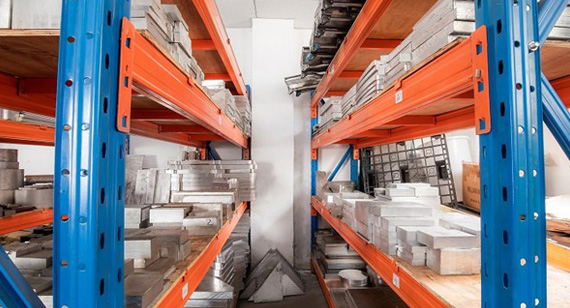
What is Corrosion? The Difference Between Rust and Corrosion
Corrosion is the chemical or electrochemical reaction of a metal with its surrounding environment, leading to material degradation. Rust is the specific manifestation of corrosion, typically resulting in the formation of metal hydroxides or oxides on the metal surface. In a broader sense, any corrosion product on a metal surface can be referred to as rust. Therefore, corrosion is a broader phenomenon, while rust specifically pertains to this phenomenon as it occurs on iron and its alloys.
Which Metals Do Not Rust?
The following section provides a detailed analysis of several common rust-proof metals, their elemental composition, properties, and applications.
Choosing the right metal material in CNC machining parts manufacturing is essential for product quality and durability. The metals introduced below not only have excellent corrosion resistance but also possess unique physical and chemical properties suitable for various machining requirements and application scenarios.
Why Doesn't Aluminum Rust?
Elements and Properties: Aluminum is a lightweight, high-strength metal with good electrical and thermal conductivity. Although aluminum is chemically reactive, it easily forms a dense aluminum oxide (Al2O3) protective layer in the air, which effectively isolates the internal aluminum from air and moisture, preventing further oxidation and thus, rusting.
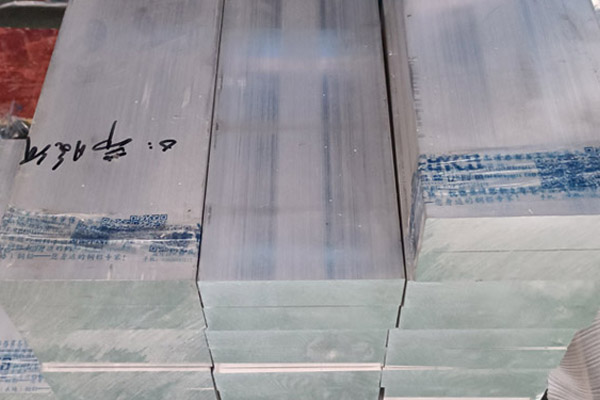
Applications: Aluminum is widely used in aerospace, automotive manufacturing, construction, packaging, and is a common material in CNC machining.
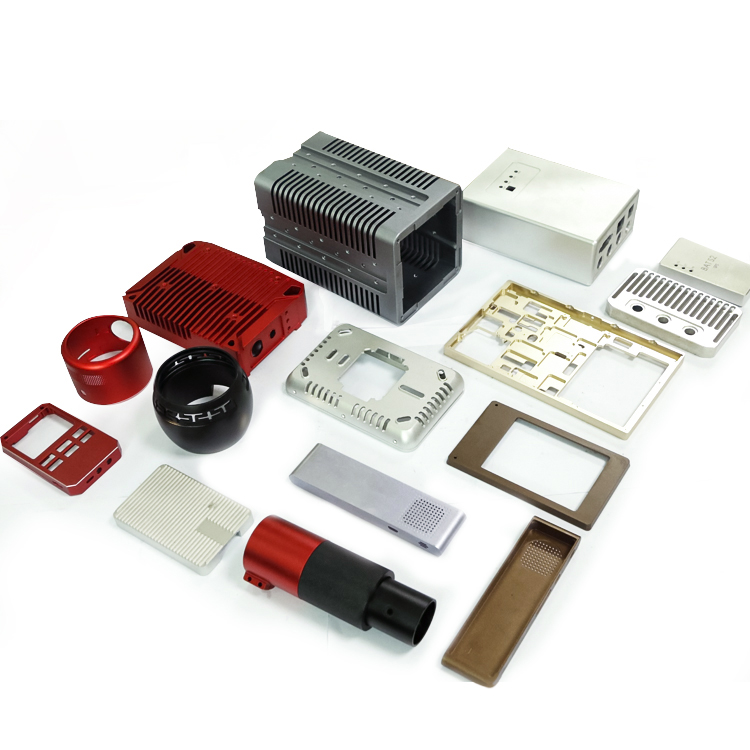
Why Doesn't Copper Rust?
Elements and Properties: Copper is a metal with excellent electrical and thermal conductivity and relatively stable chemical properties. In the atmosphere, copper is less likely to oxidize but in moist air containing SO2 and CO2, it slowly forms a mixture of basic copper sulfate and basic copper carbonate (known as patina). This patina is dense and adheres tightly to the copper substrate, preventing further oxidation of the copper.
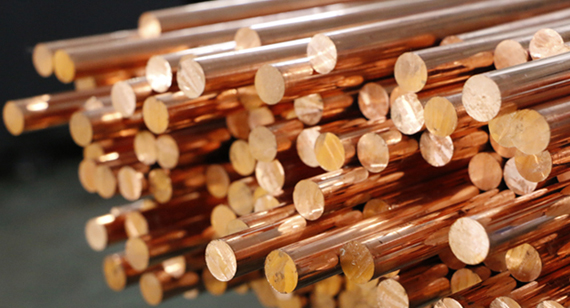
Applications: Copper is widely used in electrical, construction, and crafts manufacturing, making it an excellent choice for CNC machining due to its corrosion resistance.
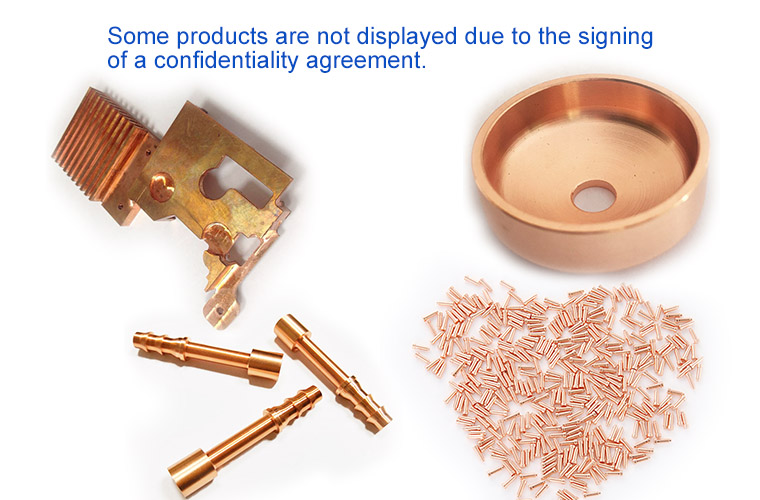
Why Doesn't Brass Rust?
Elements and Properties: Brass is an alloy of copper and zinc. The addition of zinc increases brass's strength and corrosion resistance. The zinc in brass acts as a sacrificial anode, oxidizing preferentially to protect the copper inside from corrosion.
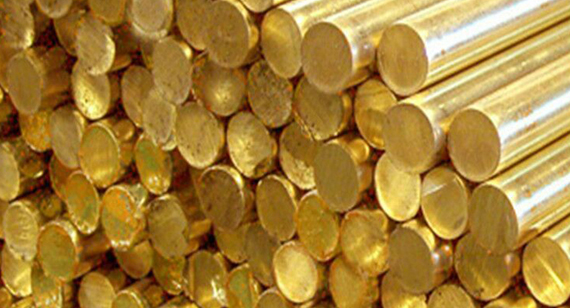
Applications: Brass is commonly used in the production of water pipes, valves, and decorative items. Its anti-rust capabilities and excellent machinability make it a frequent choice in CNC machining.
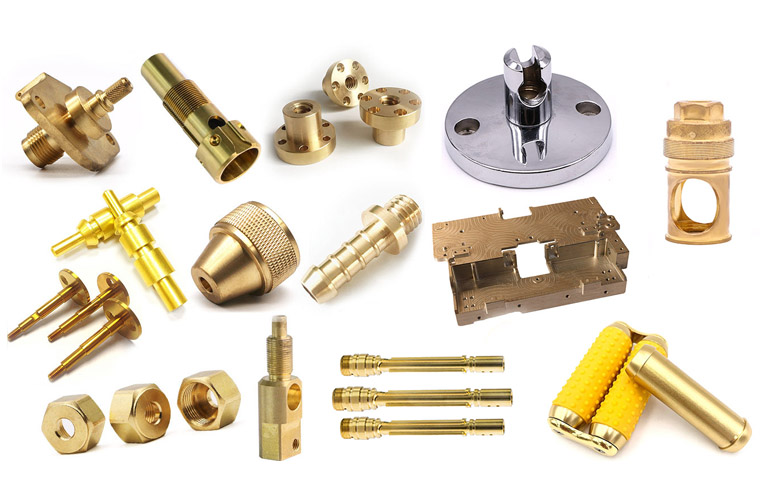
Why Doesn't Bronze Rust?
Elements and Properties: Bronze is an alloy of copper and other metals, such as tin (tin bronze) or aluminum (aluminum bronze). Bronze surfaces are often coated with a dense layer of chromate to prevent rust. This oxide layer has excellent corrosion resistance, effectively protecting the bronze substrate.
Applications: Bronze is widely used in sculptures, artworks, and mechanical parts due to its unique color and corrosion resistance.
Why Doesn't Galvanized Steel Rust?
Elements and Properties: Galvanized steel is steel coated with a layer of zinc. The zinc layer acts as a sacrificial metal, reacting with oxygen to form a zinc oxide layer, thus preventing the internal steel from rusting.
Applications: Galvanized steel is widely used in construction, automotive, and household appliances due to its good corrosion resistance and cost-effectiveness, making it an important material in CNC machining.
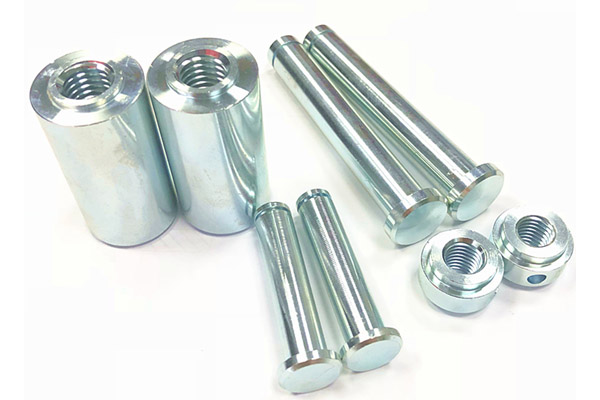
Why Doesn't Stainless Steel Rust?
Elements and Properties: Stainless steel is an iron alloy containing chromium, nickel, and other elements. Chromium combines with oxygen to form a dense chromium oxide layer, which effectively isolates air and moisture, preventing the internal iron from corroding. Stainless steel can be classified into various types based on its alloy composition and structure, such as austenitic, ferritic, and martensitic. Austenitic stainless steels (e.g., 304, 316) are particularly popular for their excellent corrosion resistance and machining properties.
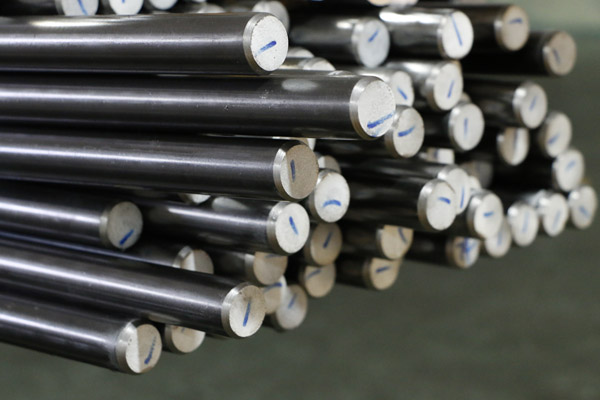
Applications: Stainless steel is widely used in chemical, medical, food, and construction industries and is indispensable in CNC machining.

Why Doesn't Weathering Steel Rust?
Elements and Properties: Weathering steel is a type of steel that gains its atmospheric corrosion resistance by adding specific alloying elements (such as copper, phosphorus, chromium, and nickel). These alloy elements form a dense protective layer on the steel surface, effectively blocking the infiltration of oxygen, water, and other corrosive substances, thus slowing down the corrosion rate. Weathering steel not only has a long service life but also maintains good appearance and mechanical properties over long-term use.
Applications: Weathering steel is widely used in bridges, buildings, sculptures, and other structures, especially in outdoor environments where its corrosion resistance significantly extends the service life and reduces maintenance costs.
Why Doesn't Titanium Rust?
Elements and Properties: Titanium is a metal with a high melting point, high strength, low density, and excellent corrosion resistance. It forms a dense titanium dioxide (TiO2) film on its surface, which has high chemical stability and can effectively resist the erosion of acids, alkalis, and salts. Hence, titanium is known as the "ocean metal" and is widely used in marine engineering, chemicals, and medical fields.
Applications: Titanium plays an important role in shipbuilding, seawater desalination, chemical equipment, and medical devices due to its excellent corrosion resistance and biocompatibility.
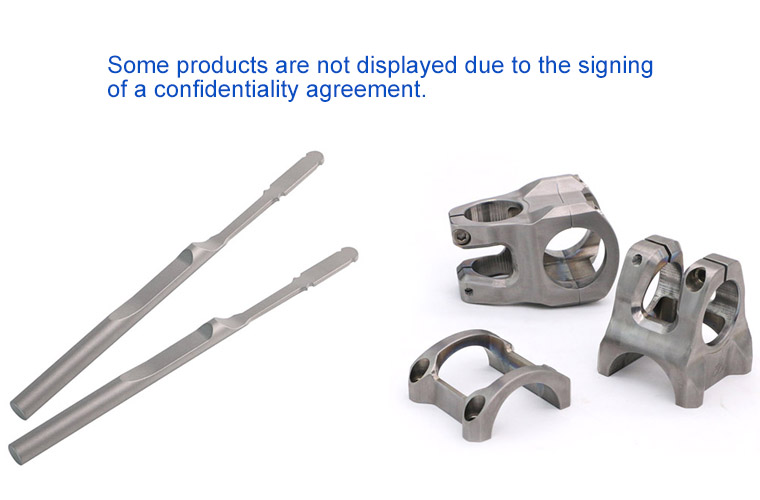
Why Doesn't Platinum Rust?
Elements and Properties: Platinum, also known as platina, is a rare and precious metal with good chemical stability and catalytic activity. It maintains its physical and chemical properties even in high-temperature and highly corrosive environments. Platinum surfaces do not easily form oxides, thus possessing extremely high corrosion resistance.
Applications: Platinum is primarily used in jewelry making, chemical industry, electronics, and medical fields. Its pure and lasting color and rarity make platinum highly sought after in the jewelry industry. In the chemical industry, platinum is widely used as a catalyst in processes such as petroleum refining and chemical production. In the medical field, platinum is used to make medical instruments and implants due to its good biocompatibility.
Why Doesn't Gold Rust?
Elements and Properties: Gold is a metal with highly stable chemical properties. It barely reacts with any substances, even under high temperatures, high pressure, and in highly corrosive environments. The oxide layer formed on gold is negligible, providing it with extremely high corrosion resistance.
Applications: Gold is mainly used in jewelry making, financial investments, and the electronics industry. Its unique color and scarcity make gold a favorite in the jewelry industry. Additionally, gold is an important safe-haven asset in international financial markets. In the electronics industry, gold's excellent conductivity and corrosion resistance make it suitable for producing high-precision electronic components.
Why Doesn't Silver Rust?
Elements and Properties: Silver is a metal with good electrical and thermal conductivity and relatively stable chemical properties. Although silver slowly oxidizes in a moist environment to form silver sulfide (Ag2S), which causes the surface to darken (commonly known as "silver tarnish"), this oxidation process is very slow. The silver sulfide layer is dense and stable, preventing further oxidation of the underlying silver. Thus, under normal use conditions, silver can be considered a rust-proof metal.
Applications: Silver is widely used in jewelry making, photography, medical, and electronics industries. Its unique silvery-white luster and antibacterial properties make it ideal for jewelry and cutlery production. In photography, silver is used as a primary component in light-sensitive materials. In the medical field, silver's antibacterial properties are used in wound dressings and disinfecting instruments. In the electronics industry, silver is used for making electronic components and contacts due to its excellent conductivity.
Other Metals
Besides the metals mentioned above, some other metals also have good corrosion resistance, such as titanium, platinum, gold, and silver. These metals, due to their unique physical and chemical properties, have significant applications in specific fields. For instance, titanium is widely used in aerospace, medical devices, and other areas for its high strength, low density, and excellent corrosion resistance. Platinum, gold, and silver hold important positions in jewelry, investments, and electronics due to their rarity and noble symbolism.
Conclusion
In summary, rust-proof metals play an important role in CNC machining parts manufacturing. From common metals like aluminum, copper, brass, and bronze to advanced materials like stainless steel, weathering steel, titanium, platinum, gold, and silver, each metal has unique physical and chemical properties suitable for various machining needs and application scenarios. When selecting materials for CNC machining, one should consider factors such as the product's usage environment, performance requirements, and cost-effectiveness to choose the appropriate metal material to ensure product quality and durability. Additionally, with technological advancements and the continuous emergence of new materials, more high-performance rust-proof metals will be applied in CNC machining, promoting the industry's sustained progress and innovative development.
